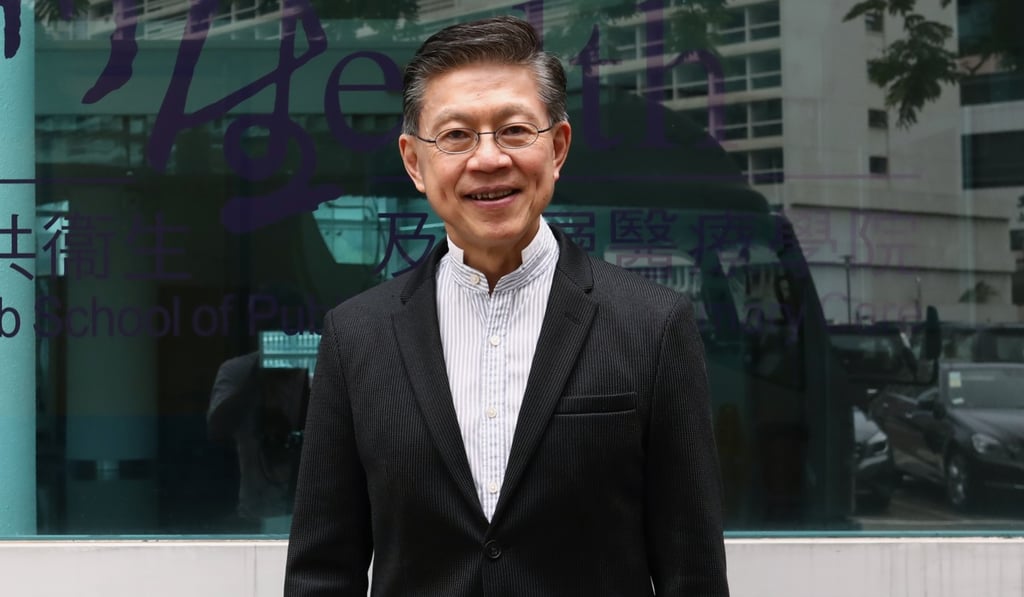Choices for the terminally ill: define clearly who is mentally fit to decide end-of-life treatments, says former Hong Kong minister
- Former Hong Kong health minister Yeoh Eng-kiong feels it should be defined in clear legal terms who is a mentally competent person
- University of Hong Kong legal scholar Daisy Cheung says a mental illness does not necessarily render a person incapable of making a decision

Former Hong Kong health minister Professor Yeoh Eng-kiong wants the government to define clearly, in legal terms, the circumstances in which a person will be considered capable of deciding what medical treatments to receive when he or she is terminally ill.
He made this call as the Food and Health Bureau launched a public consultation last month on legislative proposals aimed at improving Hong Kong’s end-of-life care.
The changes include giving legal support to advance directives, a document already used by some to indicate the medical treatments they want, or prefer not to have, when they are dying.
For example, those who prefer not to have their lives prolonged may state in the directive that they do not wish to undergo life-sustaining procedures such as cardiopulmonary resuscitation (CPR) or be put on artificial ventilation machines.
A small number of public health sector patients have signed advance directives, with the number rising from 150 in 2012 to 1,557 last year.

Among the proposed changes is one which says the document must be made by “a mentally competent person who is aged 18 or above”.